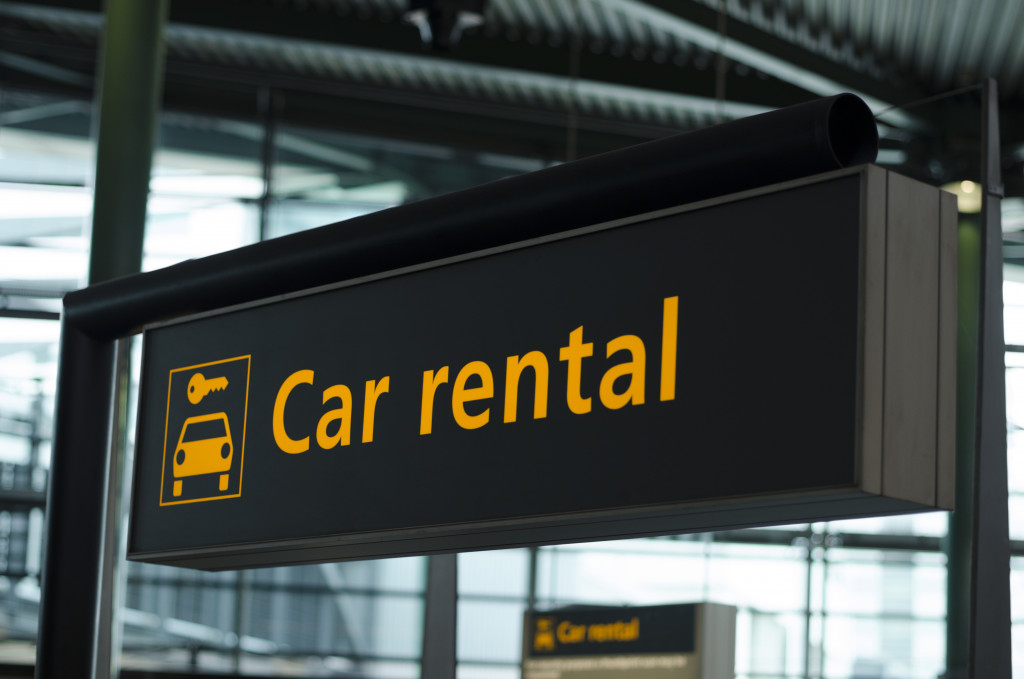- Conduct comprehensive market research to understand demand and define your niche to differentiate yourself from competitors.
- Craft a detailed business plan outlining your mission, target market, competition analysis, financial projections, and growth strategy.
- Choose the right fleet that aligns with your brand image and meets your target audience’s needs.
- Invest in insurance coverage tailored for car rental businesses.
- Leverage technology, such as soft pull credit systems and management software, to streamline operations and improve customer experience.
Starting a car rental business can be an exciting venture. With the increasing demand for car rentals, this industry presents numerous opportunities for entrepreneurs. However, like any other business, certain factors must be considered before diving in. This guide will provide five essential tips to help you start your own successful car rental business.
1. Understanding the Market and Defining Your Niche
Before diving into the car rental industry, conducting comprehensive market research is vital. Understanding local demand, customer preferences, and seasonal trends will inform your business model. Your niche will differentiate you from competitors. Specializing in certain vehicle types, like electric cars or SUVs, catering to a specific demographic, or offering unique services can position your brand distinctively. This focus ensures that your marketing efforts aren’t scattered but targeted for effective outreach and brand recall.
2. Crafting a Detailed Business Plan

Your business plan is the blueprint of your venture, outlining your strategy, vision, and financial projections. It’s essential to delineate your mission, identify your target market, and analyze your competition.
Here are some ways to craft a detailed business plan:
Purpose and Mission Statement
The purpose of your business plan is to clearly define the goals and objectives of your car rental company. This section should include a brief overview of your business idea, its unique selling proposition (USP), and how it will benefit customers in the market.
Market Analysis
In this section, you will research and analyze the car rental market in your target area. This includes identifying your target audience, understanding their needs and preferences, and evaluating the demand for car rental services.
Financial Plan
A comprehensive financial plan is crucial in determining the success of your car rental business. It should include details on your initial investment, operational costs, pricing strategy, and revenue projections. You should also consider potential risks and create contingency plans.
Implementation and Growth Strategy
This section should outline the steps you will take to implement your business plan and achieve your goals. It should also include details on how you plan to grow and expand your car rental company. This could include adding new services, expanding into new markets, or increasing your fleet of vehicles.
3. Acquiring the Right Fleet and Insurance
Choosing the right fleet is paramount. The vehicles must align with your brand image and meet your target market’s needs. Ensure you consider fuel efficiency, maintenance costs, and resale value. Whether you opt for outright purchase, financing, or leasing options, seek arrangements that preserve cash flow.
Don’t overlook insurance, as adequate coverage protects your investment. Explore policies tailored for car rental businesses, providing comprehensive coverage against accidents, damages, and liability. Collaborate with an insurance provider familiar with the rental industry’s nuances to guide you in selecting a plan that safeguards your assets without being prohibitively expensive.
4. Implementing Effective Marketing and Customer Service Strategies

Invest in a professional website, ensuring it’s user-friendly, mobile-responsive, and equipped with an efficient booking system. Leverage social media platforms to engage with your audience, share customer reviews, and showcase your fleet.
Customer service is your key differentiator. Train your staff to be courteous, responsive, and knowledgeable. Quick resolution of complaints and a seamless rental process enhance customer loyalty. Implement loyalty programs or promotional offers as part of your marketing strategy, encouraging repeat business and attracting new clients through positive word-of-mouth.
5. Utilizing Technology for Efficient Operations
Incorporating technology into your car rental business can greatly improve efficiency and customer experience. One such technological tool is soft pull credit systems. These systems allow you to check a potential customer’s credit without affecting their credit score, making assessing their eligibility for renting a vehicle easier. Soft pull credit systems also provide real-time information, allowing you to approve or deny a rental request quickly.
Another technology that can streamline operations is car rental management software. This software assists with tasks such as vehicle tracking, scheduling, and inventory management, reducing the risk of human error and improving overall efficiency.
Conclusion
Launching a car rental business is a venture teeming with potential but also laden with challenges. Your success hinges on thorough preparation, strategic planning, and a customer-centric approach. Remember, every choice you make should prioritize customer convenience and satisfaction, as these are the hallmarks of a thriving service-based business.

